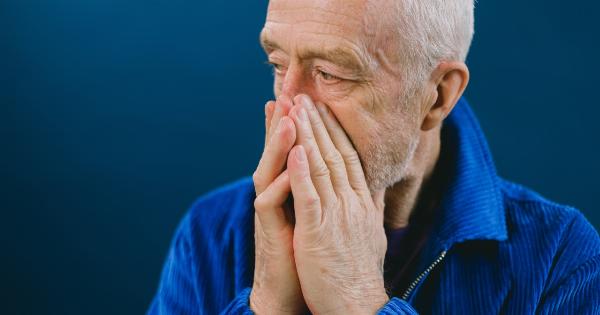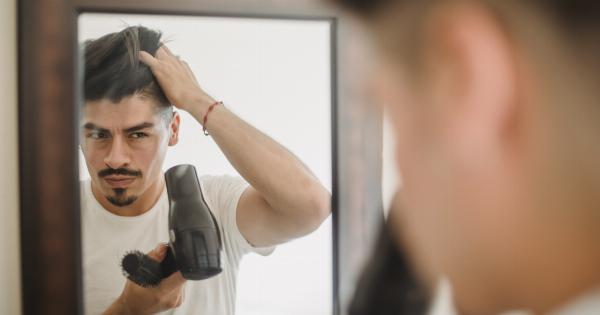Stress is a major factor that greatly affects our general health and well-being. Unfortunately, it’s also one of the leading causes of hair loss and damage. Regardless of your hair type, stress has the potential to wreak havoc on your locks.
In this article, we’ll explore why stress is causing damage to your hair, the resulting symptoms, and how you can prevent it.
What is Stress?
Stress is our body’s way of responding to any kind of challenge or demand. It’s a natural response that helps us cope with any situation, whether it’s positive or negative.
The stress response can be good at times, but it can also be harmful when it becomes chronic or overwhelming. Chronic stress can have a significant impact on both our physical and mental health, and it can manifest in different ways, including hair loss and damage.
How Stress Affects Your Hair
When you’re under stress, your body releases a hormone called cortisol. Cortisol is part of our fight-or-flight response, and it’s responsible for regulating our stress levels.
When cortisol levels are high, it can disrupt the normal function of your hair follicles, causing hair fall and thinning. It also causes the hair to become dry, brittle, and more prone to breakage.
Aside from cortisol, stress can also affect your hair health in several ways. For example, when you’re under stress, you’re likely to neglect your diet and lifestyle, which can cause nutritional deficiencies and impact your hair health.
Stress can also interfere with your sleep, and lack of sleep can cause your hair to become weak and damaged over time. In addition, stress can make you more prone to skin conditions like eczema and psoriasis, which can affect your scalp and lead to hair loss.
The Symptoms of Stress-Related Hair Damage
If you’re experiencing any of the following symptoms, it could be a sign that your hair has been damaged by stress:.
- Hair Fall: One of the most common symptoms of stress-related hair damage is hair fall. You may notice more hair falling out when you brush or wash your hair, or you may see more hair on your pillow or clothing than usual.
- Thinning: Stress can cause the hair follicles to shrink, resulting in thinning hair. This may be more noticeable around your hairline or on the top of your head.
- Dryness: Stress can also cause the scalp to become dry and itchy, leading to dandruff and flakes.
- Brittleness: Stress can make your hair more brittle and prone to breakage. You may notice split ends, frizz, and overall dryness.
- Dullness: Stress can cause your hair to lose its shine and luster. It may look lifeless, flat, and lackluster.
How to Prevent Stress-Related Hair Damage
Here are some tips to prevent or minimize the damage caused by stress:.
- Reduce stress levels: One of the most effective ways to prevent stress-related hair damage is to minimize stress levels. Find ways to manage stress, such as practicing relaxation techniques, exercise, and social support.
- Eat a balanced diet: Eating a nutritious diet rich in vitamins and minerals can help prevent hair damage caused by stress. Include foods rich in protein, iron, and vitamin C in your diet.
- Practice good hair hygiene: Good hair hygiene can help prevent hair damage caused by stress. Wash your hair regularly, use a gentle shampoo, and avoid heat styling tools.
- Get enough sleep: Lack of sleep can cause stress and lead to hair damage. Make sure to get at least 7-8 hours of sleep every night.
- Use hair growth products: Hair growth products can help promote healthy hair growth and prevent damage caused by stress. Look for products that contain natural ingredients like biotin, keratin, and vitamins.
Conclusion
The impact of stress on our physical and mental health cannot be overstated. Stress can cause different types of hair damage, including hair fall, thinning, dryness, brittleness, and dullness.
Fortunately, by following the tips outlined in this article, you can prevent or minimize stress-related hair damage and maintain healthy, beautiful locks.

























